April is Credit Union Youth Month, and Carolina Trust is celebrating in full swing like we do every year. This year's official youth month theme is "Save Small. Dream Big. at your credit union™, and one day you may have enough to fulfill a financial dream!" This theme makes saving for the future fun and encourages younger members to create financial dreams and work hard to see them through.
Youth Month is a great annual opportunity to engage with our young members and teach them about important financial topics. Taking financial concepts and putting them into terms that kids can understand can be tricky, so I'm here to help!
In this BALANCE blog post, you'll learn different tips and tricks to raising kids that are financially responsible.
We all want our kids to be financially-savvy adults one day, but it’s become increasingly difficult in today’s swag culture. Here are some ideas to begin your child’s journey toward financial independence.
Teach kids how to shop.
A trip to the grocery store can provide endless lessons in bargain-hunting and comparison pricing. While this can be done in nearly any store, it’s most effective in a grocery store because of the large number of choices available. Show your child two boxes of similarly priced cereal and discuss the difference. It’s a great way to introduce the concept of getting the same value for less money.
Make coupon clipping a family activity.
By showing your children the value of saving money and by making it fun, you are potentially building a habit that will remain over the long term. Explain that using coupons for items you will buy anyway is like finding money. Spark coupon interest by putting away the money these coupons help save, and then allow your children to pick an activity for a family night out using that money.
Dive into debt.
It’s tempting to avoid discussing financial issues with your children. However, being honest and open can provide positive lessons in money management. Most families have some sort of debt, and it’s OK to talk to your kids about it. Explain it in simple terms (“sometimes it’s necessary to borrow money for large items, such as a car or house”), and describe the steps you take to pay it off.
Eat at home as often as possible.
It’s no secret that, when time is tight, eating out can provide a quick and easy solution. Unfortunately, it’s also an easy way to overspend on food. Families can benefit from healthy, well-balanced meals prepared at home. As an added bonus, you can get the entire family involved in preparing meals, which will teach kids how to cook for themselves when they’re older.
Make it a game.
Allow your children to come up with their own cost savings strategies and then keep track of who can come up with the most savings each month. By making it fun and by offering an incentive, you can keep your children interested and engaged in the concept of saving.





